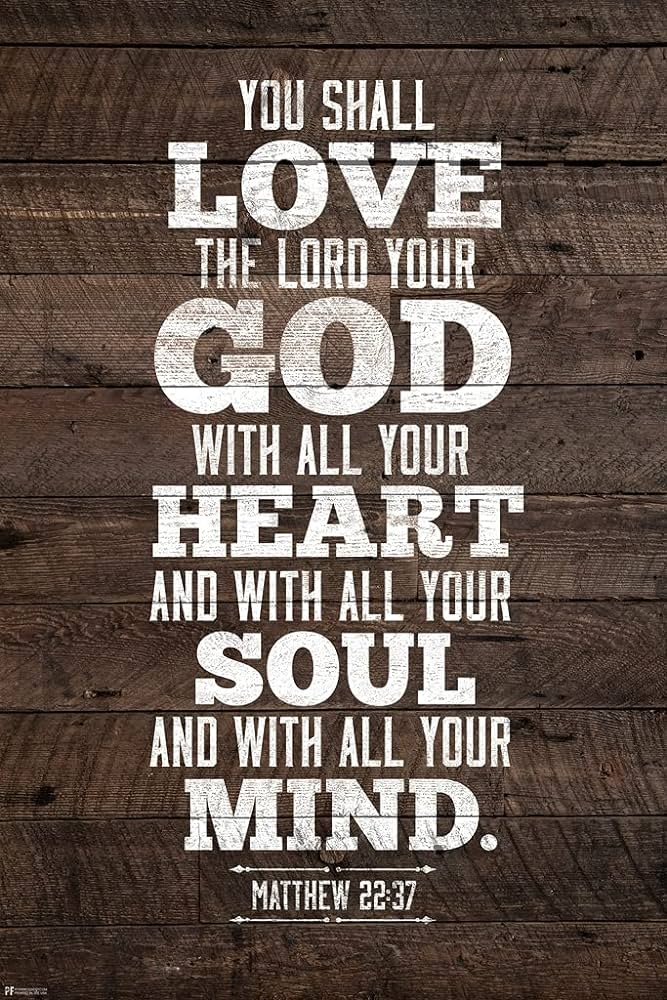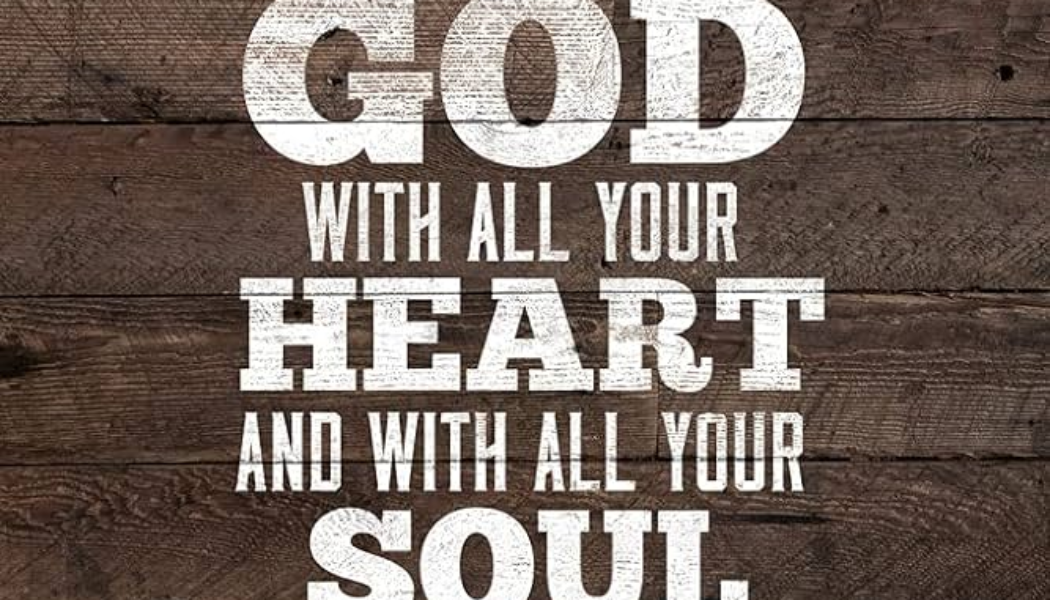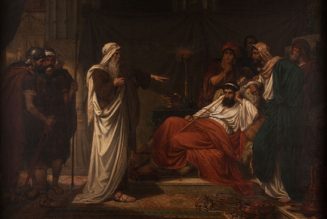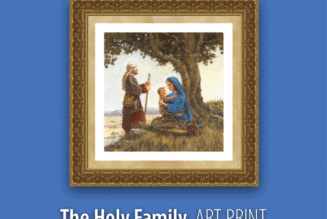
There is your brother, naked, crying,
and you stand there confused
over the choice of an attractive floor covering.
He who sent forth his apostles without gold
had not need of gold to form his Church.
The Church possesses gold, not to hoard,
but to scatter abroad
and come to the aid of the unfortunate.
If you have two shirts in your closet,
one belongs to you
and the other to the man with no shirt. — St. Ambrose of Milan
The Gospel for today is on love of God and of neighbor together as the greatest commandment. This is important above all in determining what the ultimate purpose of all other laws is.
To love neighbor is to will or otherwise choose those and only those possibilities that serve human flourishing, the genuine good of others. To love God is to choose in accord with his will, to love what he loves, desire what he desires, do what he does according to your capacity.
The first reading for today, which the liturgy offers as our primary interpretive lens for the Gospel, makes clear what is God’s priority in love: the weakest, most vulnerable, the poor, widows, foreigners and orphans. Those who live on the social peripheries.
This is the principle meaning of “love” in the commandment to love: justice for those on the edge of life and lavish almsgiving. Even in James 2, the reference to “faith without works is dead” refers not just to “good works” generically, but to the works of mercy for the needy.
St. John Chrysostom made this point in one of his homilies:
Having said “The first and great commandment is
‘You shall love the Lord your God,’”
he added, “and the second is like it.
‘You shall love your neighbor as yourself.’”
And see how with nearly the same excellence
he requires both.
For as concerning God, he said:
“With all your heart” —
so concerning your neighbor
‘as yourself’ is the same as ‘with all your heart.’
If this commandment were duly observed
there would be neither slave nor free,
neither ruler nor ruled.
There would be no poverty,
no unbounded wealth
if there were love,
but only the good things that come from each.
From the one we should reap its abundance,
and from the other its freedom from care
and should neither have to undergo
the anxieties of riches
nor the dread of poverty.









